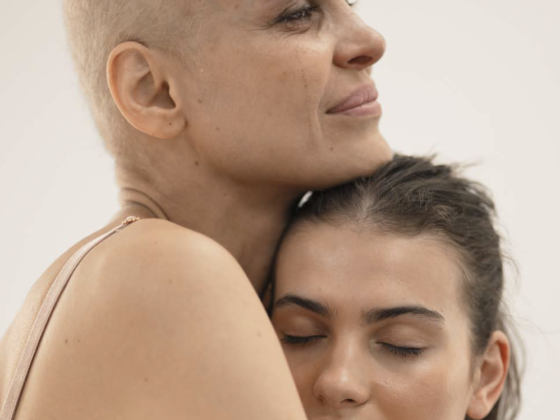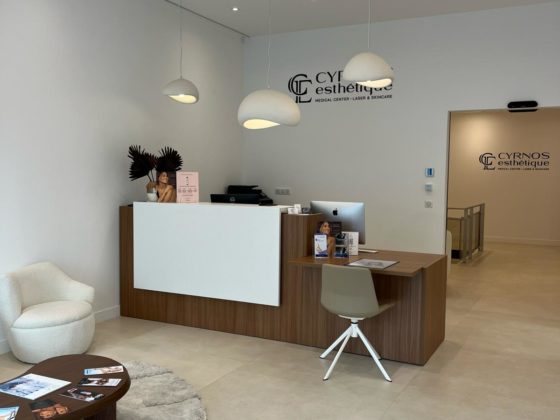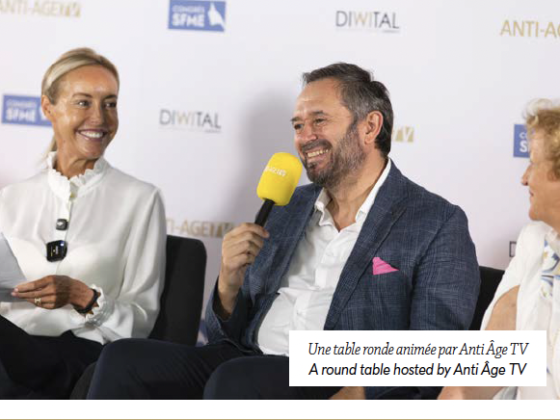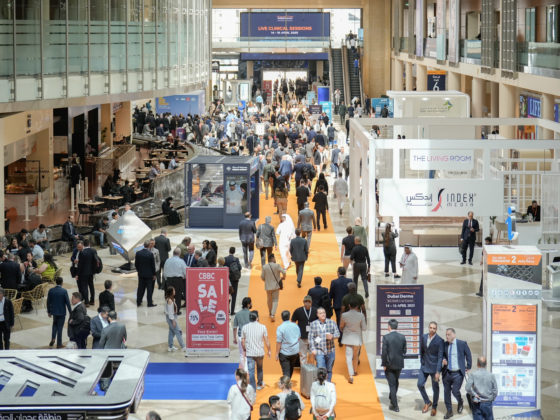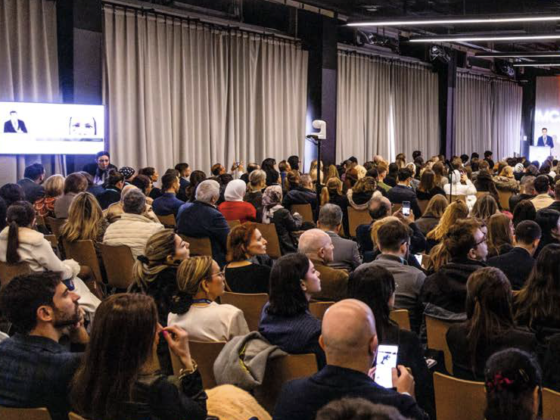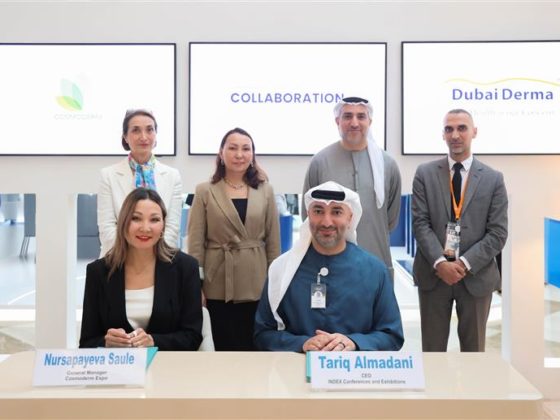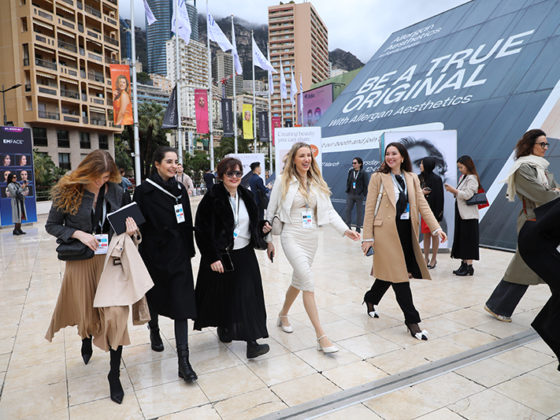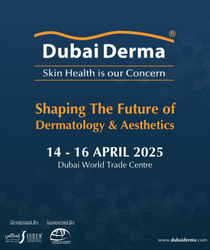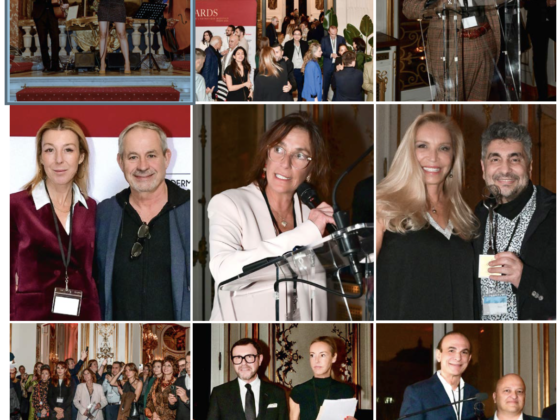With 1,735 participants, 82 exhibitors, 69 hours of plenary conferences, 136 speakers and 13 scientific partners, the 44th edition of the SFME was a must for French aesthetics doctors and included more ground-breaking sessions than ever.
“A superb 2024 edition”, “Big-name speakers”, “An outstanding conference with top-quality speakers and specific clinical cases”, “An excellent conference, the ideal size to facilitate discussions. Well organised, a variety of conferences addressing all different subjects. Interesting videos to share techniques so we can hone our skills and explore new horizons”: these are just a few of the comments posted on the conference’s website. This French-speaking conference, now organised by Comexposium Healthcare in partnership with the French Society of Aesthetic Medicine (SFME), brought together a cutting-edge scientific committee and panel of prestigious speakers to offer two full days of conferences, symposiums and exhibitions.
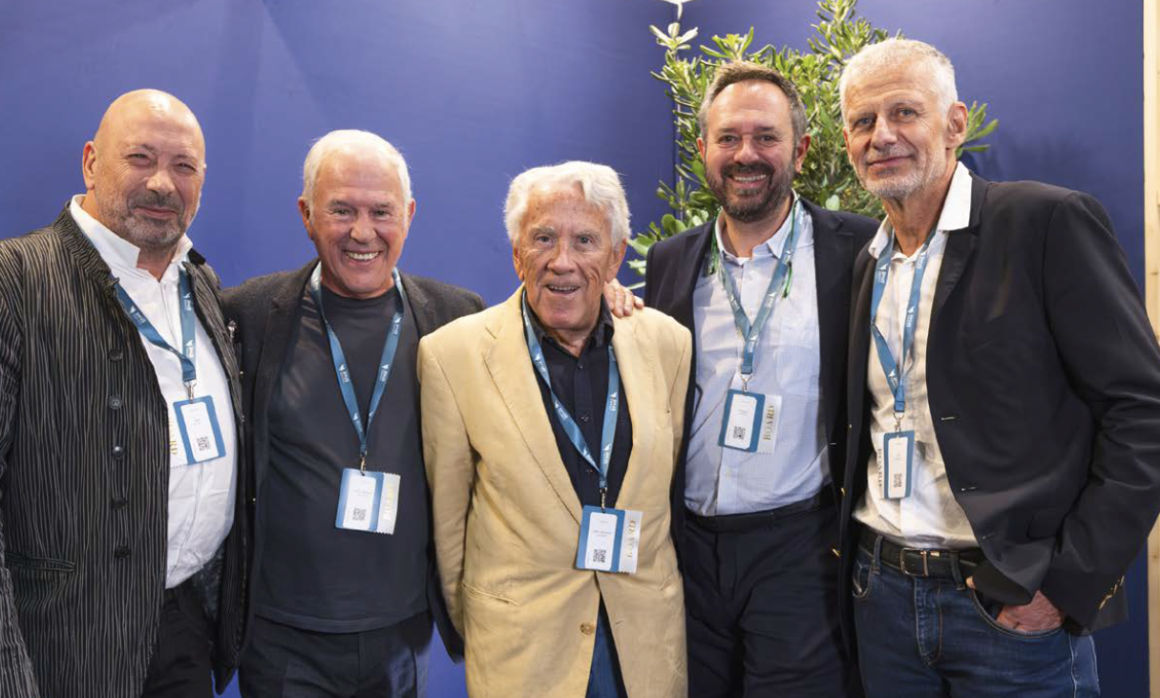
Though key subjects such as botulinum toxin, hyaluronic acid, tensor threads, lasers and energy-based devices (EBD, such as radiofrequency and ultrasounds), body shaping devices, cosmeceuticals, peels and regenerative medicine were addressed, round-table discussions were added to spice up the programme, particularly one about the interuniversity diploma in aesthetic medicine. This session was an opportunity to take a detailed look at this diploma and the VAE (validation of acquired experience) certificate, which is still the subject of much discussion. The speakers, Dr Jean-François Delahaye, member of the Medical Council and aesthetics doctor coordinator, and Dr François Turmel, president of the SNME (French national syndicate of aesthetics doctors), went through the most recent progress made in this project, though the new Minister for Health has yet to be appointed. Potential students were able to enrol on the interuniversity course via the website DIUME.fr until the end of September, and teaching is due to start in several universities in January 2025. Established doctors are now able to apply for VAE, providing they fulfil the criteria. An earlier session, ‘How to get started in aesthetic medicine,’ with Dr Ghislaine Beilin and Jean Claude Scialom as moderators and Prof. Jean Paul Meningaud and Dr François Turmel as speakers, which took place the previous day, gave an insight into the framework of this interuniversity diploma.
Firm favourites and new trends
The most popular sessions turned out to be: ‘How to achieve great-looking skin’, ‘Phlebo-aesthetics and cellulite’, ‘Lip rejuvenation and beautification in 2024’, ‘Combining peels for a better aesthetic result’, ‘Is radiofrequency better than lasers?’, ‘The face, zone by zone: what we need to do and what to avoid’, and a practical workshop in which participants were invited to test ultrasound scanners in small groups. Anti Age Magazine chatted with various scientific consultants to find out about the new trends.
Next year, a great many participants are expected to attend the 45th edition of the conference, which will take place on 12th and 13th September 2025.
Dr Hugues Cartier: “One of the new features was hair! An entire session dedicated to hair, a sector that is gaining in importance. There was also a session called ‘Over to you’, which invited the doctors who were not involved in the scientific sessions to take to the floor, which is something that we will certainly develop in the future. And a round-table session about inducers, vaginal dryness, etc.: an hour of lively discussions, very different to the more standard presentations. Of course, one of my favourites was the practical testing of medical ultrasound scanners, thanks to one of the laboratories present. And finally, a special focus on the new interuniversity diploma. This is a good thing, as it offers aesthetic, anti-aging and wellness medicine the recognition it deserves. It is an integral part of medicine as a whole!”
Dr Alain Butnaru: “A conference about anti-aging, ‘How to incorporate anti-aging medicine into your practice’, covering topics such as what to do in a first anti-aging appointment, what assessments are offered, detoxification. Genetic testing is a real advance, alongside those tests that are already mainstream, such as fatty acid testing. They are important in our vision of anti-aging medicine, for example testing apolipoprotein levels, which transport cholesterol, as it helps us to draw up a suitable diet. For the thyroid, we might see if the person is properly converting T4 into T3. The price of a genetic assessment starts at around 60 euros, and you only need to have it done once in your lifetime, so it’s fantastic!”
Dr Jean-Jacques Deutsch: “The session called ‘The face, zone by zone: what we need to do and what to avoid’ with Dr Laurence Benouaiche and myself allowed us to talk about clinical cases with a panel of experts including Pierre Andre, Laurence Beille, Patrick Bui, Eric Essayagh, Philippe Kestemont and Sandrine Sebban, who all explained their approaches. They are capable of carrying out very fast analyses and giving essential recommendations. A nice surprise at this conference? Seeing so many young doctors, as new blood is always welcome!”
Dr Yvon Perrillat: “I am an authority in dermatology, especially lasers and anything that involves photonics. We put on a session called ‘Good and bad indications for lasers (under the aegis of the SFLD)’, which was highly interactive and presented a variety of clinical cases such as tattoo removal, wrinkle correction, hair removal, etc. What’s new? Lasers for evolutive acne, which is one to watch!”



